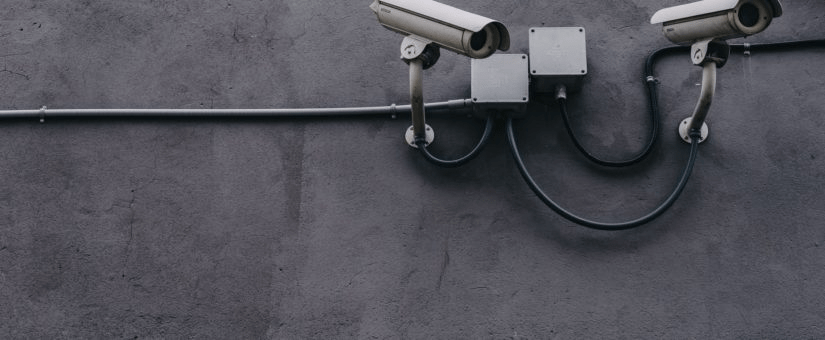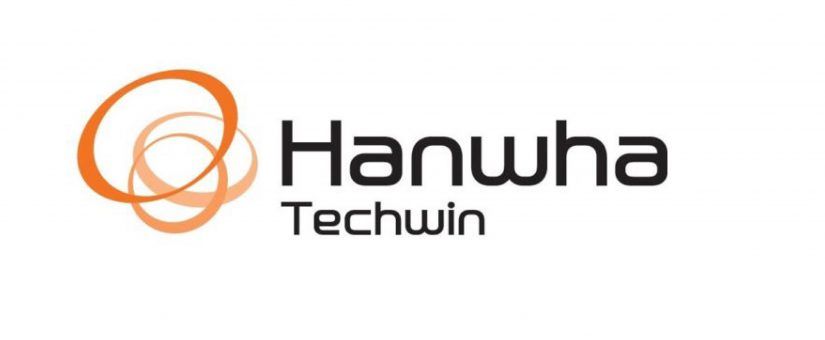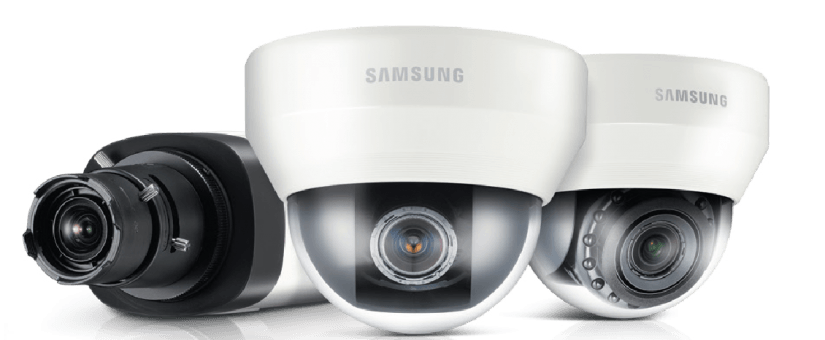Allegion Names DSC an Official Integration Partner
We're proud to announce that DSC has been named an official integration partner by Allegion, the industry leader in door security.

Proper physical security of businesses is the first line of defense against potentially dangerous threats to people, property, and assets. No matter the size, scope, or industry of a business, incidents (both internal and external) pose a serious risk to the safety and security of employees.
Luckily, many workplace security breaches are preventable. By implementing security measures and having a plan for potential incidents, business owners and corporations can stop security issues before they cause harm.
Having a solid corporate physical security policy that follows the proven best practices outlined below is the ideal way to ensure that employees are safe and businesses are protected.
Knowing your business’s security needs and potential security risks is the first step in enacting effective physical security measures.
An experienced security professional can help you make sense of the specific risks that threaten the safety and security of your organization by administering a comprehensive security and risk assessment. This assessment can help your organization identify the scope and severity of potential risk factors which you’ll want to consider when planning your corporate physical security policy.
Ideally, you should assess their security annually to adjust to changes in the business and to keep up with the latest in physical security technology.
Restricting access to your business to only those with permission to enter is often the best way to strengthen physical security. Access control should not be overlooked when implementing an effective corporate physical security policy.
From traditional access cards to more sophisticated biometric entry options, access control measures vary based on the needs and size of a business. Security professionals can help you identify your specific needs and implement an access control system that works for your business.
In addition to restricting access, many access control platforms offer robust features that provide expanded utility. These platforms may include options for geofencing, cardholder and asset tracking, and emergency muster point check-in - which could be invaluable in the event of an emergency.
For any size business, video surveillance is often the first physical security measure taken. CCTV’s impact can’t be overstated, so it’s important that business owners choose the best video surveillance tools for their corporate needs.
From thermal technology to UHD cameras to systems with mobile and remote access, video surveillance technology has come a long way. A professional security team can help you choose the features that are best for your corporate physical security policy.
In addition to offering around-the-clock surveillance of the business, CCTV technology can be extremely helpful in identifying threats before they happen, tracking intruders in the event of an incident, and deterring intruders before they strike.
Should an incident occur, intrusion alarm systems are the best way to deter the intruder and to notify building occupants of a security breach. Today’s intrusion alarms are integrative and advanced, offering a wealth of features beyond the intrusion alarms of the past.
From notifying authorities to mobile access for managers to integration with access control for lockdown protocols, intrusion alarm systems can do more than meets the eye—and are a must for any business.
For protecting people, property, and assets, fire alarm systems are necessary. Choosing a fire alarm system that can integrate with your other security measures and that will meet all of your business’s specific needs is extremely important.
In addition, consider working with a security team that can handle the complex management of fire alarm inspection scheduling. Ensuring all of your fire alarms are in proper working order 100% of the time is the best way to protect your business from danger
Aside from enacting physical security solutions, the best thing business owners can do to protect their people, assets, and property is to implement a workplace culture that is educated, aware, and proactive about physical security.
This means training employees and management on how to identify potential internal and external threats, and creating protocols for how to react in the event of an incident.
In addition, enacting corporate policies that affect your business’s physical security can be helpful. Examples include enacting a zero-tolerance policy for weapons, alcohol, drugs, and workplace bullying and harassment.
With regular training sessions on workplace safety and how to best utilize the physical security solutions in place, employees and managers can help business owners maintain a safe and secure work environment.
Looking to increase the safety and security of your business? DSC provides life safety and physical security solutions for businesses of all sizes and scopes. For over 40 years, DSC has been a trusted provider of security services for educational institutions, small businesses, and corporate enterprises. Contact us today to learn more.

We're proud to announce that DSC has been named an official integration partner by Allegion, the industry leader in door security.

During the first week of April, the security team at DSC traveled to Las Vegas, Nevada for the annual ISC West conference. ISC West has long been the...

The 2016-2017 school year is nearly upon us. With the new school year comes a brand new set of security compliance standards courtesy of State...